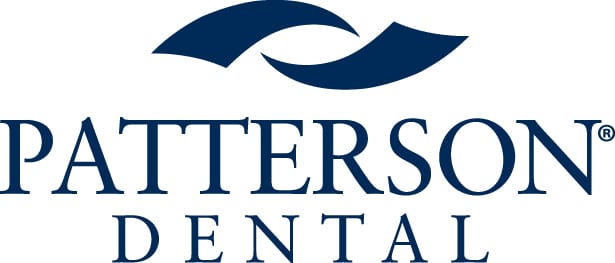“Why does my accountant tell me in March what I should have done last November?!?” It is a common complaint we hear from dentists when it comes to their tax planning, and it needs to change now.
Tax planning is a critical aspect of financial management for dentists. As the year moves to the midpoint, it becomes imperative for dental professionals to assess their financial situation and take proactive steps to minimize tax liabilities while maximizing savings and investments.
6 Strategies to Optimize Your Tax Position
I am happy to share with you a few essential strategies for dentists and provide practical approaches to optimize your tax position.
1. Retirement Contributions
Maximizing contributions to retirement accounts such as 401(k)s, IRAs, and defined benefit plans is a tax-efficient way for dentists to save for retirement while reducing taxable income.
By taking advantage of pre-tax contributions and potential employer-matching contributions, dentists can lower their current tax liabilities while building a robust retirement nest egg. Whether you are a W2 employee or a 1099, this needs to be a top priority in your planning.
For those making significant incomes, cash balance plans should also be considered. These can offer deductions many times over those of traditional vehicles but must be understood as to how they work and the company’s obligation.
2. Expense Management
Careful management of practice expenses is essential for maximizing tax deductions.
Dentists should meticulously track and categorize business expenses, including:
- equipment purchases
- office supplies
- continuing education
- professional dues
Leveraging deductions for business expenses (especially for practice owners!) can significantly reduce taxable income and lower overall tax liabilities.
3. Depreciation and Capital Allowances
Utilizing depreciation and capital allowances for equipment and property investments can provide substantial tax benefits for dental practices.
Dentists can deduct a portion of the cost of qualifying assets each year, reducing taxable income and deferring tax payments.
Understanding depreciation schedules and eligibility criteria is key to optimizing tax savings in this area. Common tax code allowances include sections 199, 179, and 162 bonus plans.
4. Entity Structure Optimization
Choosing the right entity structure for their dental practice can have significant tax implications for dentists.
Whether operating as a sole proprietorship, partnership, corporation, or limited liability company (LLC), dentists should consider the tax advantages and disadvantages of each entity type. Consulting with tax professionals can help dentists determine the most tax-efficient structure for their practice.
5. Health Savings Accounts (HSAs) and Flexible Spending Accounts (FSAs)
HSAs and FSAs offer tax-advantaged ways for dentists to save for medical expenses. Contributions to HSAs are tax-deductible, and funds can be used to pay for qualified medical expenses tax-free.
FSAs allow for pre-tax contributions to cover eligible medical and dental expenses. By utilizing these accounts, dentists can lower their taxable income while covering essential healthcare costs.
6. Tax Credits and Incentives
Exploring available tax credits and incentives can further reduce tax liabilities for dentists. Eligible credits may include the Research and Development (R&D) tax credit for innovation in dental technology or the Work Opportunity Tax Credit (WOTC) for hiring certain employees.
Dentists should research and take advantage of any applicable tax incentives to maximize savings.
In Conclusion
In conclusion, dentists can implement a variety of tax-saving strategies to optimize their financial position and minimize tax liabilities.
By strategically managing retirement contributions, expenses, depreciation, entity structure, healthcare accounts, and tax credits, dental professionals can achieve significant tax savings while maintaining compliance with tax laws and regulations.
Consulting with tax professionals and financial advisors can provide valuable guidance in implementing these strategies effectively.
Keep Reading: Questions to Ask When Hiring a Financial Advisor


